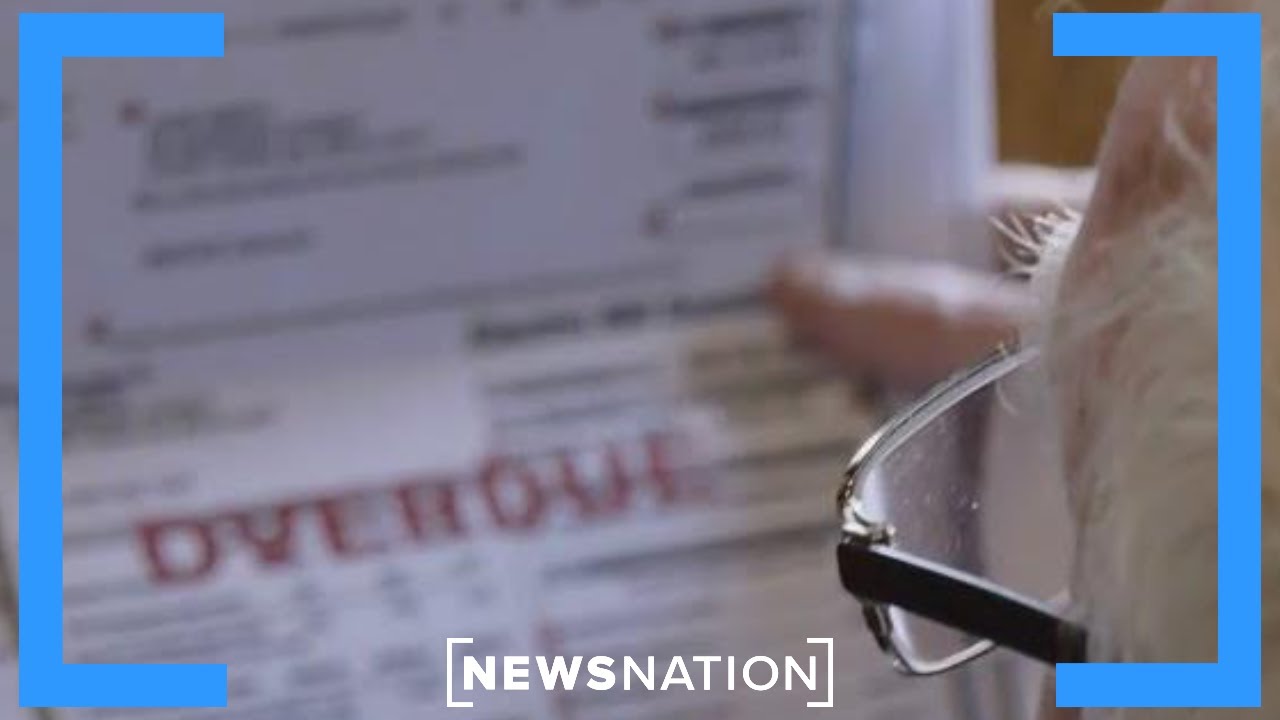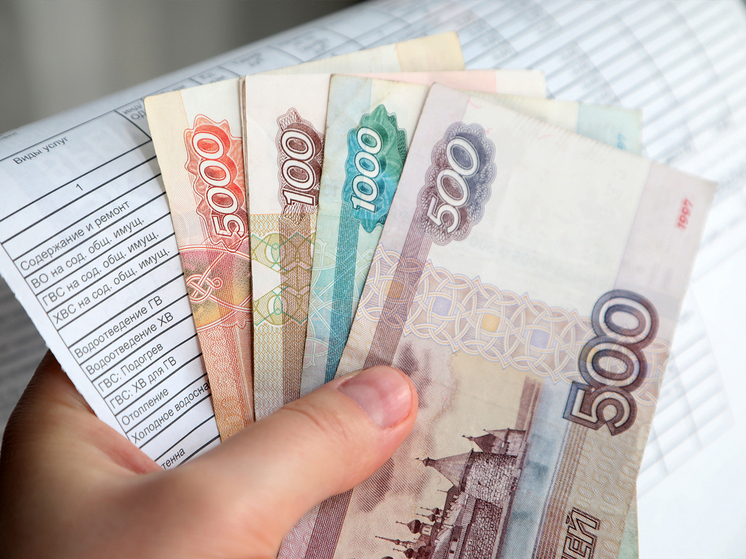
Russian citizens report significant tariff increases and a decline in the quality of housing and communal services.

Photo: Ekaterina Shlychkova
The utility tariff increase implemented on July 1st has been the most significant in the past decade. The average national increase was nearly 12%, but in some regions, it exceeded 20%. More than half of Russian citizens have already felt the increased financial burden on their household budgets, and some are forced to resort to loans to pay their communal bills. Many also note that the quality of services does not improve proportionally to the price hikes.
On July 1, 2025, Russia experienced a scheduled, yet unprecedented in recent years, increase in housing and communal service tariffs. The average nationwide rise was 11.9%, but regional variations were substantial, ranging from 8.6% to 21.1%. In Moscow, tariffs increased by 15%, with hot water and sewage seeing the sharpest price jumps. In August, Russians received their first bills with the new figures, and according to a survey conducted by the `Vyberu.ru` marketplace, 63% of citizens found the increase to be significant.
For many households, these changes necessitated a budget re-evaluation. A third of respondents cut down on daily expenses, and nearly 30% reduced leisure spending. One in ten admitted that they have to use credit cards or microloans to cover the increased utility bills. This comes as citizens often point to unsatisfactory service quality: almost half of those surveyed experience interruptions in hot water supply, electricity outages, and issues with waste removal.
Why have tariffs risen so sharply? According to Maxim Lazovsky, head of a construction company, such a substantial price increase is due to the necessity of large-scale investments: «Networks and communications are worn out, and the cost of services is growing due to rising fuel and material prices. Regional authorities were given the flexibility to vary the indexation within established limits – some chose a moderate approach, while others opted for accelerated funding of repairs.»
Igor Kolesnikov, head of the `Urban Economy` project at the Institute of Urban Economics Foundation, agrees with this perspective. He notes that «modernization of communal infrastructure is an endless process: as some sections are brought into order, others are already deteriorating. Tariffs primarily cover current operating costs and maintaining systems in working condition, rather than large-scale capital renovations.»
Pavel Sklyanchuk, a member of the expert council on housing and communal services at the State Duma Committee, reminds that indexation always considers inflation and actual costs: «A tariff increase exceeding inflation seems painful, but it is often an attempt to `catch up` with price levels in regions where tariffs haven`t been raised for years. As a result, a sudden significant increase causes dissatisfaction, although without it, the energy system risks losing balance.»
At the same time, Sergey Sergeev, a lawyer at the Moscow Bar Association `Yakovlev and Partners,` emphasizes that consumers still have means of protection: «Subsidies are provided if housing and communal service expenses exceed a set percentage of a family`s income. However, in practice, many are either unaware of such measures or cannot obtain them due to existing debts. This creates a vicious circle: people need help, but their debts become an obstacle to receiving it.»
Regarding future prospects, experts are unanimous: no sharp jumps are expected in the next six months, as indexation is conducted annually and controlled by the government. However, in the long term, pressure on tariffs will remain – network wear and tear is high, and inflation and rising costs will continue to push prices upward.
For ordinary consumers, the main way to curb expenses remains responsible consumption. This includes not only installing meters but also developing household habits – from saving water to insulating stairwells, which helps reduce heat loss. According to specialists` calculations, after the July increase, the average bill could rise by approximately one thousand rubles. For many, this becomes a significant expenditure item requiring careful planning.
That is why, Lazovsky emphasizes, «transparency in tariff formation and effective control over service quality are especially important now. People are willing to pay if they see real results of modernization and improvement. But for now, they mostly see only rising numbers on their bills, not an increase in comfort levels.»











